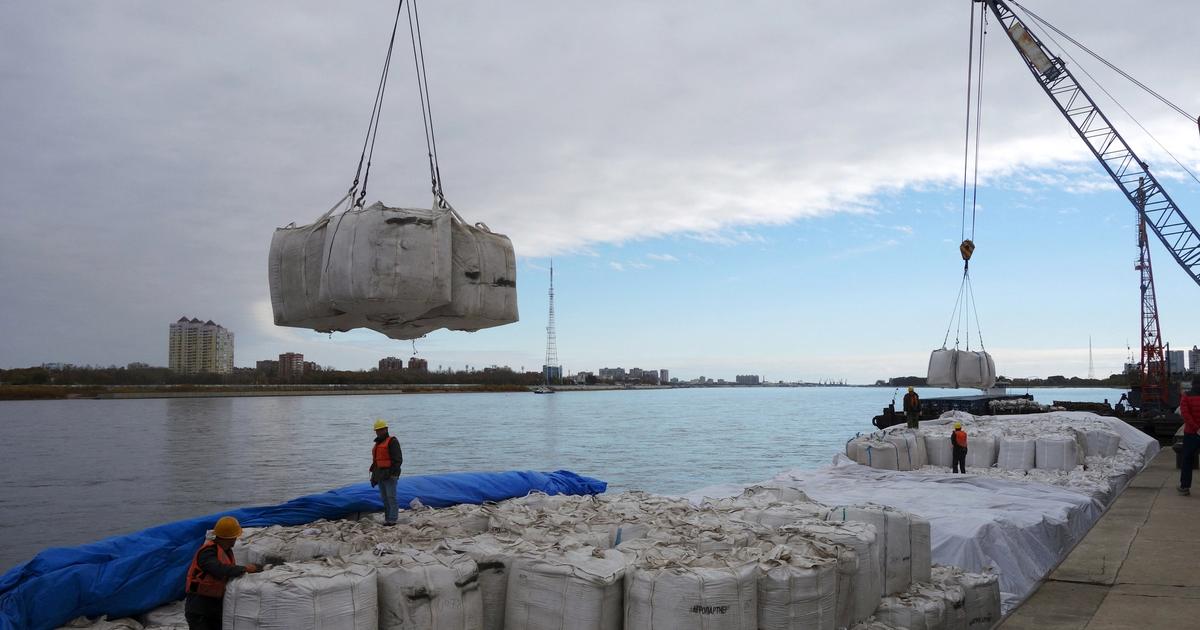Emerging Trade Alliance: Small and Medium Nations Set to Form the Future of Investment and Trade Partnership
In a significant development on the horizon of global commerce, ten small to medium-sized countries are currently engaged in discussions to establish a new trade alliance, anticipated to be formalized in November. This proposed consortium, tentatively titled the Future of Investment and Trade Partnership (FIT-P), aims to bolster economic collaboration among its member states while adapting to the evolving landscape of global trade.
According to a report by the Financial Times, the initiative’s founding members include New Zealand, Singapore, and the United Arab Emirates (UAE). In addition to these nations, other countries such as Costa Rica, Malaysia, Morocco, Norway, Panama, Rwanda, and Uruguay are in talks to potentially join the burgeoning alliance. This coalition seeks to not only enhance bilateral trade relations among its members but also provide a strategic counterbalance to the shifting dynamics of international trade agreements, particularly in light of recent policy changes from major economic powers.
The impetus for this coalition arises amid growing concerns regarding the unraveling of established global trade agreements, notably under the auspices of the previous administration in the United States. The Trump administration’s approach to trade prioritized protectionist measures, which inadvertently strained relationships with longstanding trading partners and fostered uncertainty in the global marketplace. In this context, FIT-P aims to redefine trade relationships among smaller nations that might face significant challenges in negotiating favorable terms individually.
One of the primary intentions of FIT-P is to streamline trade processes by advocating for equal treatment of both paper-based and digital trade documents. This is perceived as a critical step toward improving operational efficiency and expediting trade transactions among member nations. In an increasingly digital world, where e-commerce and electronic documentation are becoming the norm, this initiative recognizes the necessity of modernizing trade protocols to reflect contemporary practices.
The relevance of this alliance extends beyond mere administrative efficiency; it embodies a proactive approach to fostering economic resilience among smaller economies. By banding together, these nations recognize that they can amplify their influence on the global stage, cultivating a collective bargaining position that is often unattainable individually. Furthermore, this coalition could serve as a model for future international partnerships that prioritize inclusivity and mutual benefit.
The potential for FIT-P to facilitate trade is particularly significant given the diverse economic landscapes represented by its prospective members. For instance, New Zealand and Singapore are recognized for their robust service sectors and export-oriented economies, while the UAE serves as a major hub for trade in the Middle East. In contrast, countries such as Rwanda and Morocco bring unique agricultural products and emerging market dynamics to the table, enriching the possibilities for cross-border trade.
Moreover, this proposed grouping aligns with broader global trends favoring regional trade agreements and multilateralism. As nations increasingly navigate the complexities of economic interdependence, collaborations like FIT-P could prove instrumental in minimizing trade barriers, leveraging shared resources, and fostering innovation. Furthermore, as smaller economies often lack the negotiating power of larger counterparts, their cooperative approach can help level the playing field in global commerce.
While much remains to be determined regarding the structural architecture and specific protocols of FIT-P, the discussions represent a significant step toward reimagining international trade frameworks. The forthcoming formalization of this alliance in November will be eagerly anticipated by observers of global economics, particularly as the world grapples with the lingering effects of the pandemic on international commerce and supply chains.
As the landscape of trade continues to evolve, the establishment of the Future of Investment and Trade Partnership could signify a vital shift towards a more collaborative and equitable approach among nations, particularly those that have historically found themselves overshadowed in negotiations by larger economies. This collective endeavor stands to provide not only economic opportunities but also a renewed spirit of cooperation and solidarity among its members, further enriching the tapestry of international trade.
Tags: #EconomyNews #BusinessNews #UAE

